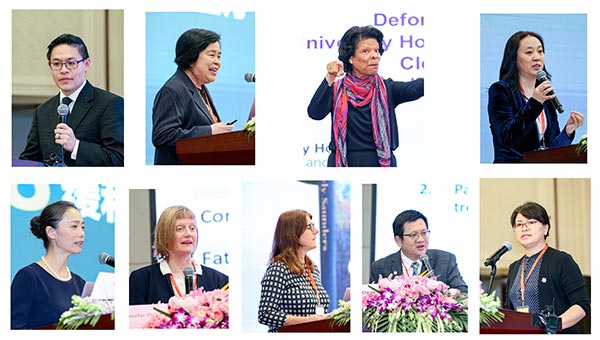Key summit shows increased focus on palliative care


Palliative care is a multidisciplinary approach to specialized medical and nursing care for people with life-limiting illnesses. And it focuses on providing relief from the symptoms, pain, physical stress, and mental stress.
The event was jointly hosted by the Beijing Living Will Promotion Association, the National Clinical Research Center of Geriatric Diseases of the Chinese PLA General Hospital and the Chinese Geriatric Society.
More than 700 medical experts and professionals, including members from countries and regions such as the United States, the UK and Australia attended the summit.
Internationally known experts in the field of palliative care, such as Wai Kit David, an oncologist from the University of Texas MD Anderson Cancer Center and Co-Shi Chao, a professor from the Medical College of Cheng Kung University, who has played a pioneering in promoting Taiwan's palliative care, shared their insights on the trends in palliative care.
A roundtable meeting attended by government representatives and medical experts was held during the summit to discuss how to further promote palliative care in China.
The attending experts agreed that it is essential that detailed standards for hospice care and financing are drawn up, because without government subsidies operating costs will become a major challenge.
"It is significant that we are advocating the concept of palliative care for society, and are strengthening relevant professional teams after learning from successful overseas examples," said Mo Lixia, the vice-head of the department of elder's health under the National Health Commission, adding that the government and social organizations should work together to push forward.
In China, health insurance is focused on curative treatments, so reimbursement is limited for patients reliant on palliative care.
And the problem is complicated by the fact that most Chinese consider it their filial duty to pay to keep their elderly parents alive for as long as possible, regardless of the quality of life, according to Yu Shiying, the director of the Cancer Center at Tongji Medical College, Huazhong University of Science and Technology.




































